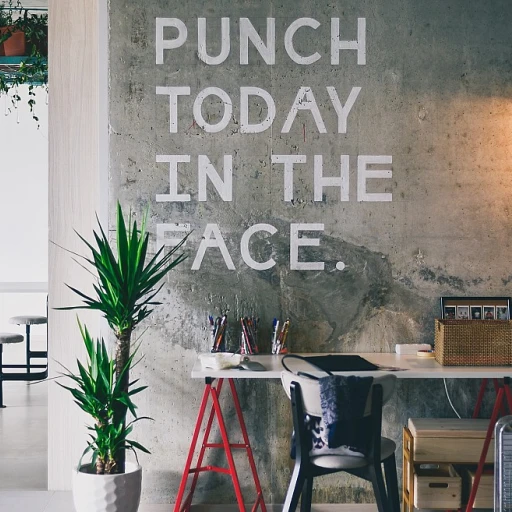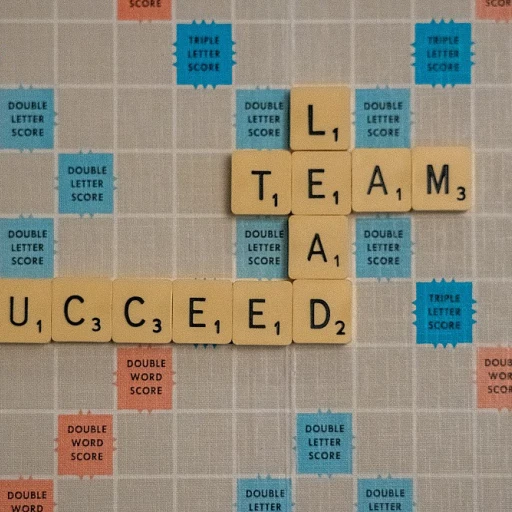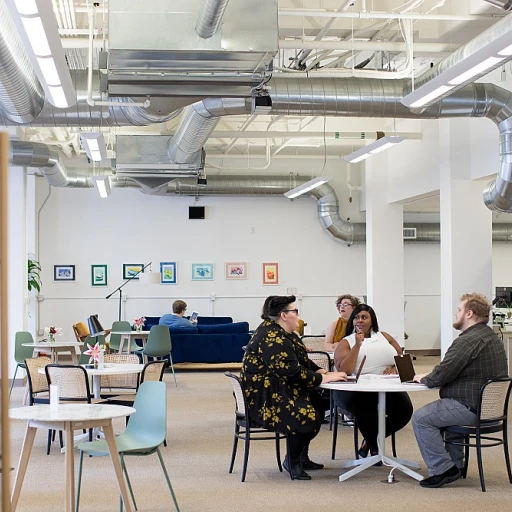
Understanding the Purpose of Second Interviews
The Importance of The Next Interview Stage
Common Second Interview Questions in HR Tech
Insight into Frequently Asked HR Tech Interview Questions
The second round of interviews often involves more specific queries tailored to gauge your suitability for the role within the company. It is a pivotal stage where hiring managers and team members will focus on assessing not just your technical skills, but how you fit into the company culture and your career goals align with the job description.
In HR tech, questions asked in this round will likely delve into your previous work experience, understanding of HR processes, and familiarity with technical tools relevant to the job. Expect common questions like:
- "Tell us about a time you successfully implemented a new HR technology."
- "How do you prioritize when handling multiple projects with tight deadlines?"
- "Can you describe an instance where you leveraged data to make a strategic decision?"
- "How do you continue to stay updated with the latest HR tech trends?"
- "What strategies do you use to handle work-related stress?"
These questions are designed to assess your problem-solving skills, ability to work under pressure, and adaptability to change, which are critical aspects in HR tech roles. An important point to remember is that while answering questions, you should not only demonstrate your skills but also illustrate how they will contribute to the team and the company’s success. The focus is on what you can add to the company values through your technical expertise and understanding of HR dynamics.
In addition, ensure that your answers are clear, concise, and directly related to the question posed. This will help convey your thought process effectively, and ensure that your responses stand out during the interview process.
For more detailed insights on financial analysis and decision-making that can aid in your HR journey, consider reviewing our guide on financial statements.
Crafting Effective Responses to Technical Questions
Handling Technical Probing with Confidence
In the tech realm of human resources, job interviews often involve a second round where technical acumen is put to the test. The hiring manager's goal is to assess your functional proficiency and problem-solving skills you bring to the table. Preparing thoughtful responses to technical questions in this round interview will be crucial to demonstrate your expertise. Here are some tips that will help in mastering this part of the interview process:- Understand the Role: Make sure you have a clear grasp of the job description to anticipate relevant technical questions. This knowledge will allow you to align your answers with the expectations for the role.
- Revise Key Concepts: Refreshing your understanding of the core technical aspects pertinent to the job can help you avoid stumbling when technical interview questions are asked. Consistent rounds of practice will build your confidence.
- Showcase Real-world Applications: Illustrate your answers with examples from past work experiences. This not only highlights your technical skills but also shows your ability to apply them in real job scenarios.
- Be Structured: Answering a technical question with a structured approach, such as outlining the steps to solve a problem, showcases your organizational skills and thought process.
- Communicate Clearly: In a technical round, clear communication is key. Simplify complex information, and make sure your answers are understandable and concise.
Behavioral Questions and How to Tackle Them
Behavioral Patterns and Strategic Responses
When you step into the second round interview, particularly within the HR tech industry, anticipate facing behavioral questions that probe into your past actions and decision-making skills. These questions are designed to understand how your behavioral patterns align with the company's core values and work culture. Behavioral questions often relate to real-world scenarios where problem-solving and teamwork come into play. This can be your time to demonstrate not just technical proficiency but also the softer skills that are increasingly valued in the workplace.- Structured Answers: Use the STAR method (Situation, Task, Action, Result) to structure your answers. This method helps you to clearly lay out each segment of your experience, ensuring you answer the question comprehensively.
- Reflect Your Adaptability: Hiring managers might prompt you with questions like, "Tell me about a time you overcame a challenging situation at work." Your response should highlight adaptability and resilience, qualities critical in HR tech roles.
- Align with Company Culture: Interviewers will gauge how your interpersonal skills are a fit for the company culture. Reflecting an understanding of their values through your examples will help solidify your compatibility with the team.
Questions to Ask Your Interviewer
Standing Out with Inquisitive Engagement
In a second interview, it’s important to not only focus on the questions asked by the hiring manager but also take the opportunity to ask your own questions. This will show your genuine interest in the job and the company. Preparing thoughtful questions can also offer insights into the company culture and the nature of the job.- Understanding of Role and Responsibilities: Ask for more details about the job description and how your role fits into the team. This not only helps clarify expectations but also shows your enthusiasm for the position.
- Career Growth: Inquire about opportunities for growth and career goals within the company. This will help demonstrate your long-term interest in advancing your skills and contributing to the company.
- Company Culture: Questions about the company culture can reveal a lot about how teams work and the management style. For instance, "How does the team collaborate on projects?" or "What do you enjoy most about working here?"
- Decision-Making Process: Understanding the decision-making process post-interview will help set your expectations for the timeline. Ask about the next steps in the hiring process and when you can expect to hear back.
- Challenges and Expectations: Ask about any current challenges the team is facing that the new hire will help address. This can give you insight into potential expectations and areas where you can contribute your skills actively.
Preparing for Success: Tips and Best Practices
Essential Preparation Tips for a Successful Second Interview
To ace your second interview, focusing on preparation is key. Here are some valuable tips and best practices to ensure you make the most of this critical opportunity:- Review the Job Description: Familiarize yourself with the job description to understand the skills that are required. This will assist in tailoring your answers to the competencies the hiring managers are seeking.
- Study Common Questions: While you've gotten past the initial round, the second interview will often dive deeper into technical questions. Reviewing typical questions can give you a head start in preparing thoughtful responses.
- Understand the Company Culture: Researching the company's culture will help you align your answers with their values and mission. It also aids in formulating meaningful questions for your interviewer.
- Plan Your Career Goals Discussion: Reflect on your career objectives and how they relate to the company's direction. This shows the hiring manager that you're considering long-term growth and fit.
- Prepare Questions to Ask: Just as you’ll be answering questions, it's crucial to prepare your own. Asking insightful questions demonstrates your interest and understanding of the company’s work and objectives.
- Polish Behavioral Responses: Be ready to tackle behavioral questions by using your real-world experiences to illustrate your skills and abilities. Frame answers that highlight your decision-making and problem-solving attributes.
- Practice Your Answers: Consider doing mock interviews. Practicing aloud helps refine your communication skills and helps you develop confidence.













